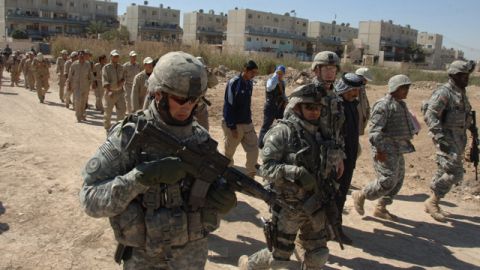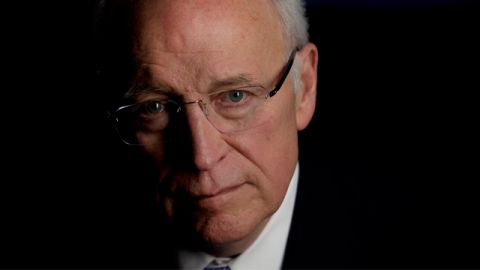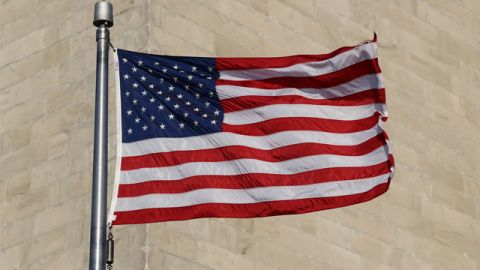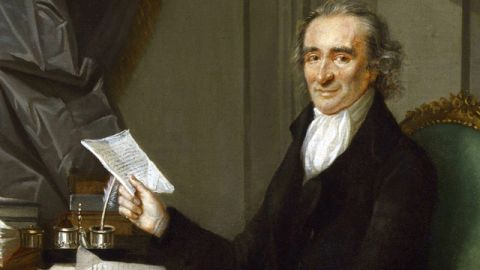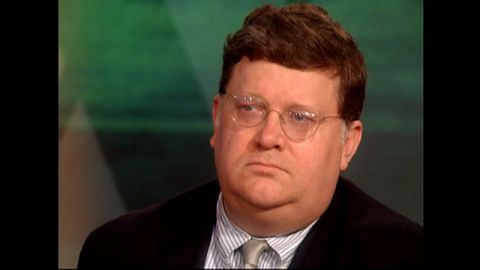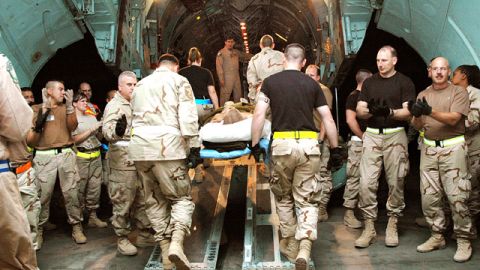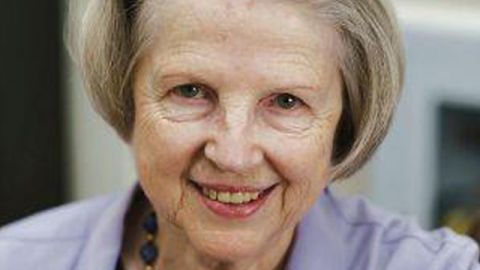NOW
 A weekly show including documentary reporting, in-depth one-on-one interviews and articulate commentary from a wide variety of media-makers and those behind the headlines. The series shed light on a wide range of issues confronting the nation, including the Enron scandal, corporate tax havens, conflict in the Middle East, and the Wars on Terror and Iraq. NOW also explored American culture through interviews with major authors, religious leaders, and artists. Bill Moyers, one of America’s foremost journalists, added his voice to insightful documentary reporting, breaking news analysis, and articulate commentary. Essential viewing for the engaged citizen, NOW viewers are informed and challenged by the series, which provides insight into the important issues facing the nation and the globe. Each week, NOW provided viewers with the necessary context to explore their relationship to larger issues and to make sense out of the events shaping our time. (2002-2004)
A weekly show including documentary reporting, in-depth one-on-one interviews and articulate commentary from a wide variety of media-makers and those behind the headlines. The series shed light on a wide range of issues confronting the nation, including the Enron scandal, corporate tax havens, conflict in the Middle East, and the Wars on Terror and Iraq. NOW also explored American culture through interviews with major authors, religious leaders, and artists. Bill Moyers, one of America’s foremost journalists, added his voice to insightful documentary reporting, breaking news analysis, and articulate commentary. Essential viewing for the engaged citizen, NOW viewers are informed and challenged by the series, which provides insight into the important issues facing the nation and the globe. Each week, NOW provided viewers with the necessary context to explore their relationship to larger issues and to make sense out of the events shaping our time. (2002-2004)
EXPLORE THE SERIES
EDITORS' PICKS
- April 9, 2004 | NOWThis episode of NOW features the New Yorker's Jon Lee Anderson, religious scholar Karen Armstrong and politics/ economics writer Kevin Phillips.
- April 16, 2004 | NOWWith soldiers in Iraq making a base pay of as little as about $1300 per month, are America's service men and women worrying about their families affording their basic needs back home?
- April 23, 2004 | NOWA look at American and British media's failure to question the narratives provided by their governments, and the Sierra Club's efforts to expose Dick Cheney's relationships with energy insiders while writing energy policy.
- April 30, 2004When Congress passed the Medicare prescription bill -- a big priority for President Bush -- it was a very close vote. In this 2004 report, Bill Moyers reports on the inside story behind the radical expansion of Medicare and investigates what the law will mean for seniors in the long-term.
- April 30, 2004 | NOWThe inside story behind a radical expansion of Medicare, which some say was packaged to court crucial senior votes in an election year.
- May 7, 2004 | NOWSamantha Power discusses the blurry lines between American values and universal values, and the human consequences of disappearing manufacturing jobs in Rockford, IL.
- May 14, 2004 | NOWPeter Singer grapples with ethics, morality and responsibility arising from the Abu Ghraib scandal; a campaign ad fact-check; and Susan Jacoby on the inseparability of patriotism and religion in the US.
- May 21, 2004 | NOWConsidering whether the Bush administration knew of or sanctioned torture, and a look at a unique NYC program that helps formerly incarcerated women heal addictions and reclaim their lives.
- May 21, 2004David Brancaccio talks to Scott Horton, President of the International League for Human Rights, about the legal basis for the global war on terror.
- June 11, 2004 | NOWAn investigation into Tom Delay's political action committee, a look at the politicians and corporations that played roles in the torture at Abu Ghraib, and a plan for a more open government.
- June 18, 2004 | NOWSome veterans' debilitating injuries are not being reported, possibly to keep Americans from knowing the true human cost of war. And is it too late to stop what some consider to be genocide in Sudan?
- June 25, 2004 | NOWThis episode looks at both sides of a debate over a proposed EPA regulation of power plants' mercury emissions, checks in with Deborah Amos in Iraq, and hears from Elizabeth Warren on interest rates.
- July 2, 2004 | NOWA conversation about political polling and crafted language in politics; a look at how Congress takes care of themselves, compared to the rest of the country; and what does it mean to be happy?
- July 9, 2004 | NOWA look at why some working-class Americans vote against their own economic futures; an analysis of campaign ads and rhetoric; and a forensic anthropologist on finding truth in mass graves after war.
- July 16, 2004 | NOWA look at a report on the size and scope of the international oil and gas industry and its governmental influence; inside America's moral debate; and are tough cuts necessary to save Medicaid?



